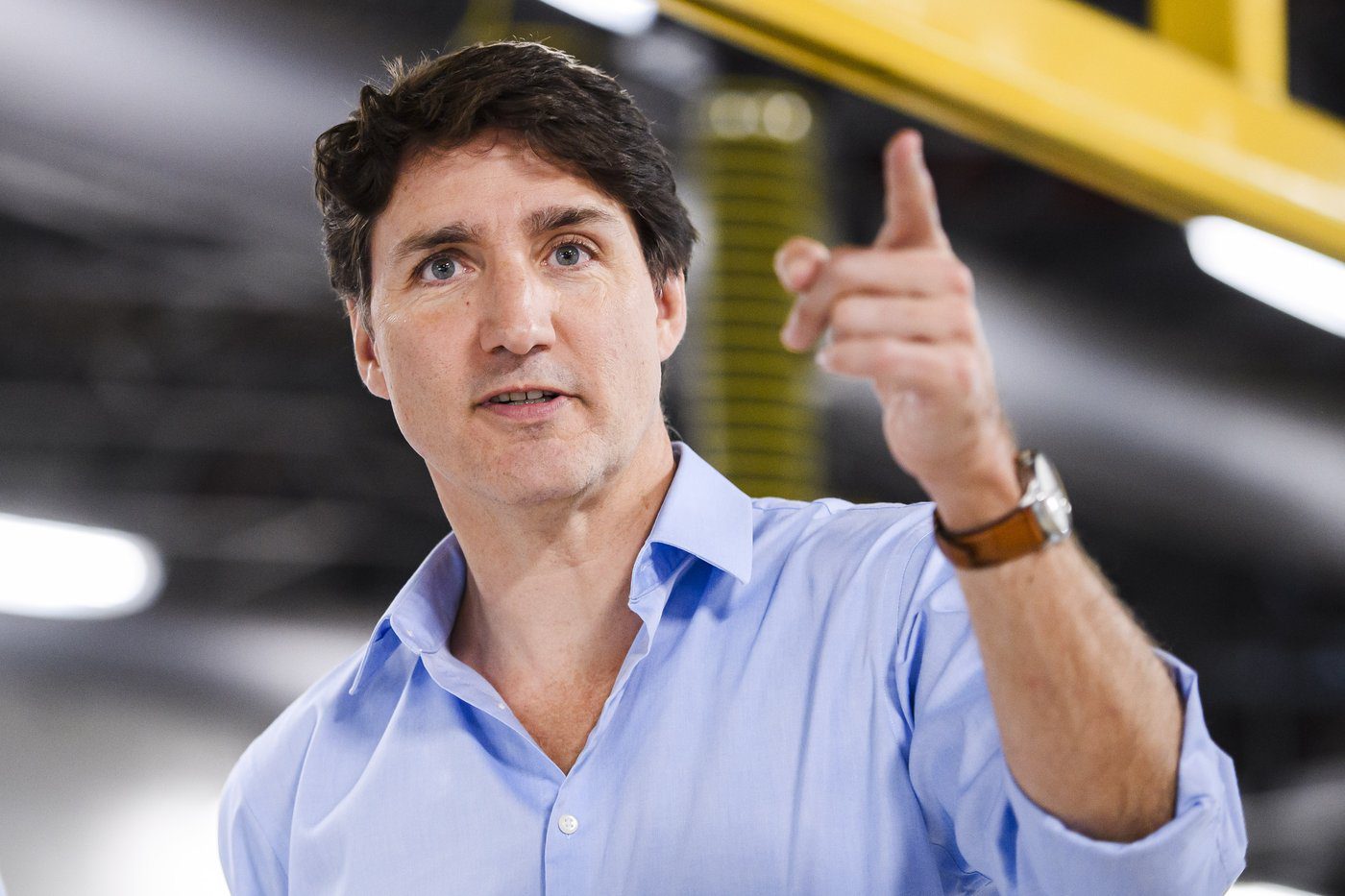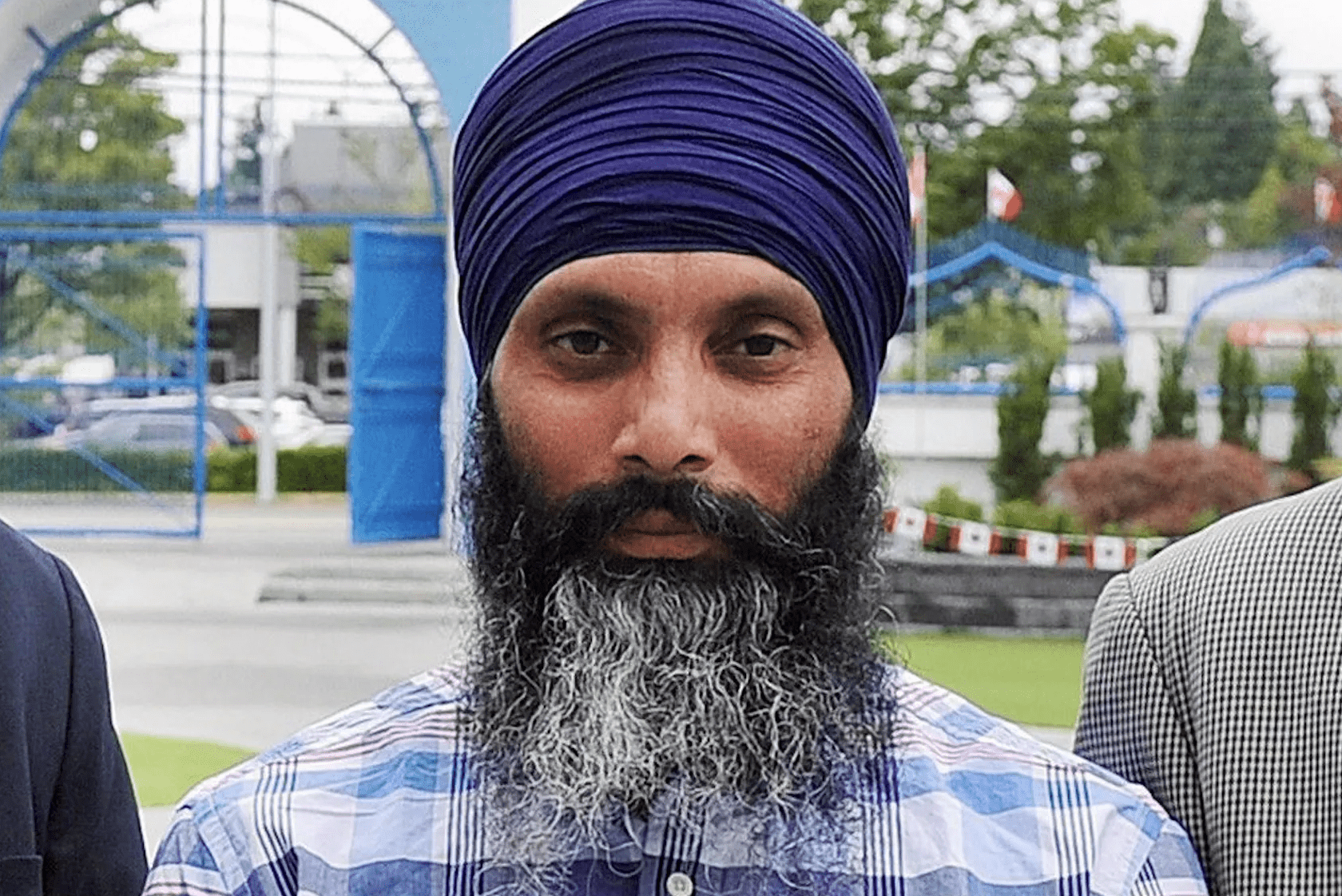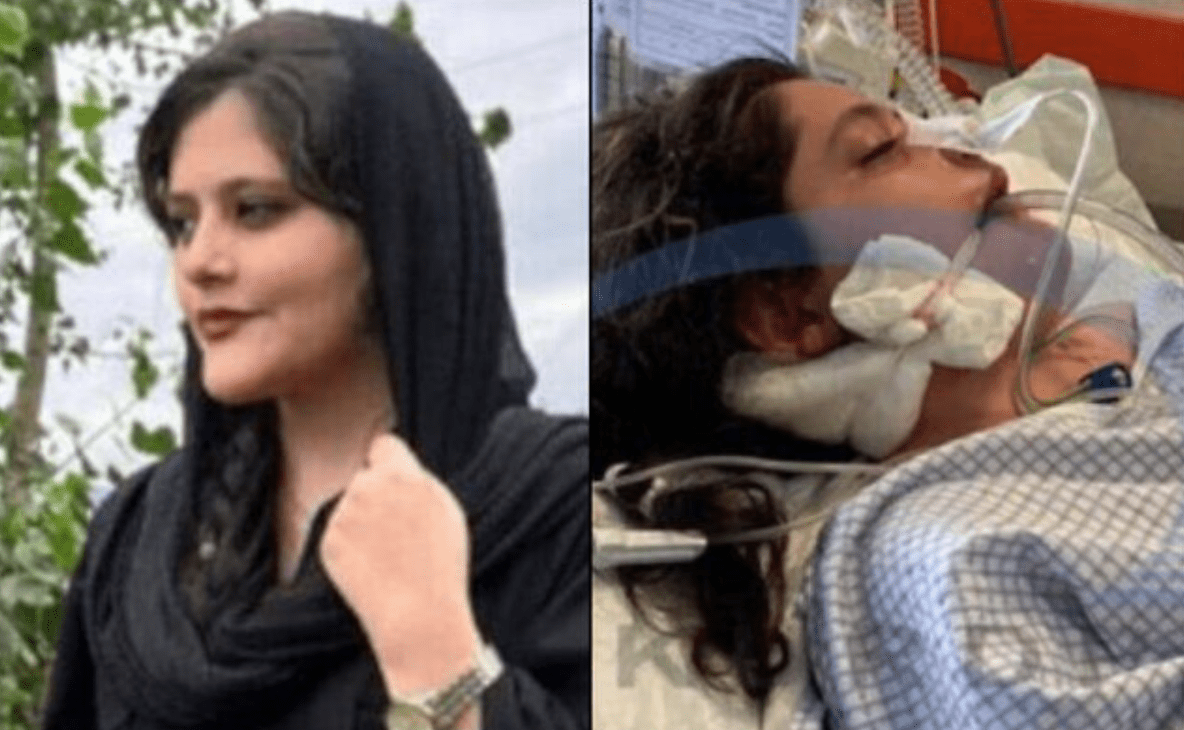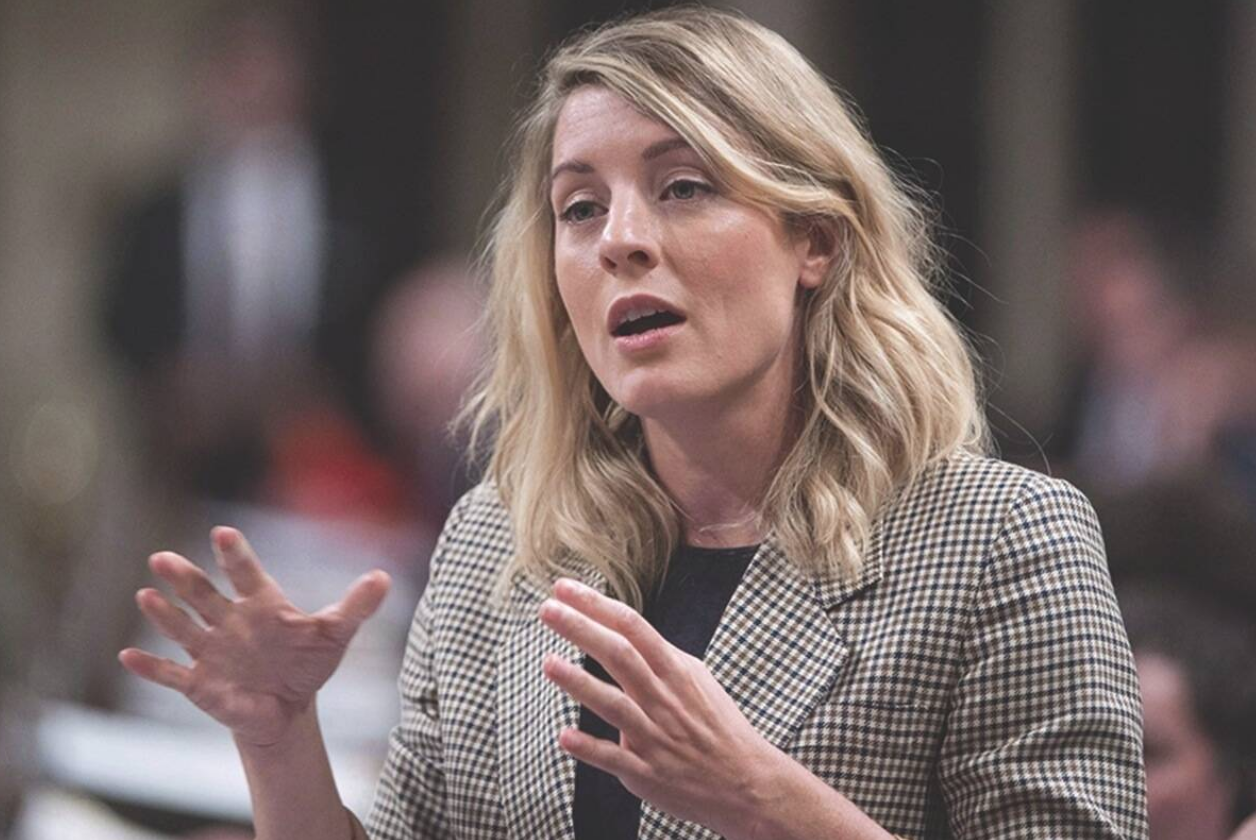This content is restricted to subscribers

The views, opinions and positions expressed by columnists and contributors are the author’s alone. They do not inherently or expressly reflect the views, opinions and/or positions of our publication.

This content is restricted to subscribers
The views, opinions and positions expressed by columnists and contributors are the author’s alone. They do not inherently or expressly reflect the views, opinions and/or positions of our publication.

Become a subscriber today!
Register
Prime Minister Justin Trudeau surprised the House of Commons on Monday when he announced that senior diplomats in Canada and India had been expelled. The reason behind their expulsions was stunning and potentially explosive – both for the country, and his political future.
Trudeau told parliamentarians that “over the past number of weeks, Canadian security agencies have been actively pursuing credible allegations of a potential link between agents of the government of India and the killing of a Canadian citizen Hardeep Singh Nijjar.” He confirmed that the Liberal government would take all necessary steps to “hold perpetrators of this murder to account.”
Foreign Affairs Minister Melanie Joly also confirmed to reporters that Indian diplomat Pavan Kumar Rai had been expelled. “The allegations that a representative of a foreign government may have been involved in the killing of a Canadian here in Canada, on Canadian soil, is not only troubling but it is completely unacceptable. If proven true this would be a great violation of our sovereignty and of the most basic rule of how countries deal with each other.”
Joly noted that Trudeau had raised this matter with US President Joe Biden and British Prime Minister Rishi Sunak. While various western democracies expressed concern about these accusations, they went no further than this. The Washington Post noted that Canada’s overtures “were rebuffed, underscoring the diplomatic balancing act facing the Biden administration and its allies as they work to court an Asian power seen as a crucial counterweight to China.”
Who was Nijjar?
He was a plumber, Sikh leader and temple president based in Surrey, B.C. He was gunned down outside the gurdwara on June 18. According to the National Post, the Royal Canadian Mounted Police’s Integrated Homicide Investigation Team said “two heavy-set suspects” shot him and fled in a getaway vehicle “driven by a third suspect.” He reportedly died on the scene.
Nijjar was also a wanted man in India. A Global News story included a screen grab of the Nov. 14, 2014 warrant for his arrest through Interpol’s National Central Bureau in New Delhi. He was depicted as a “mastermind/active member” of the Khalistan Tiger Force. This is a militant group that’s part of the larger Khalistan movement that wants to create a separate homeland for Sikhs in the Punjab region. He was also linked to the Oct. 2007 bombing of Punjab’s Shingar Cinema, which killed six people and injured 37. The suggested motive for the attack, as the Times of India put it, was to “revive terrorism and to create communal tension.”
That’s why Nijjar’s name currently appears on India’s Home Ministry list of terrorists under the Unlawful Activities Prevention Act.
India is furious at this situation, and has dismissed Canada’s accusations. A statement from its Ministry of External Affairs suggested the expulsion occurred due to “growing concern at the interference of Canadian diplomats in our internal matters and their involvement in anti-India activities.” While the Canadian PM told reporters on Tuesday that our country is “not looking to provoke or escalate” this matter with India, it’s far too late for anything like this.
Trudeau and Canada’s intelligence service, however, are doing the right thing by doing their due diligence and investigating this unusual matter. Modern democratic countries aren’t supposed to order trained assassins to head to other democracies and take care of questionable individuals and controversial matters, either in theory or in practice. If India was behind Nijjar’s murder on foreign soil, that’s unacceptable and they need to be held accountable.
Where things go from here is a huge question mark.
The investigation is ongoing. There are currently no set parameters, guidelines or official deadline. Details and revelations will likely be kept secret for an extended period of time. Most countries and allies are seemingly going to keep their distance for political and economic reasons and watch things unfold from afar.
If Canada’s intelligence service has identified something real and tangible that connects the Indian government with Nijjar’s murder, it would be a significant political victory for Trudeau. The PM would have to be given his due for taking this matter seriously and handling it properly. He’s largely been a mediocre, ineffective leader since he was first elected in 2015, and that widely-held perception would remain firmly intact. But if he’s proven right, it would be wrong not to acknowledge it.
If the investigation ultimately turns up little to nothing with respect to India and Nijjar’s murder, Trudeau’s political goose would be cooked. Our intelligence service would obviously be condemned for running with this false information, and rightfully so. The PM would face the same fate for putting out unfounded allegations and incorrect information far too early, and not waiting for missteps and pitfalls to materialize.
Which scenario will turn out to be the correct one? Time will tell.
Michael Taube, a long-time newspaper columnist and political commentator, was a speechwriter for former Canadian prime minister Stephen Harper.
The views, opinions and positions expressed by columnists and contributors are the author’s alone. They do not inherently or expressly reflect the views, opinions and/or positions of our publication.

Most Canadians think differently about political and economic issues. Some prefer an increased role for the state, while others desire smaller government and less intrusion. Some support higher taxes and more public services, while others want lower taxes and more private sector involvement. Some trust the free market economy wholeheartedly, while others are more skeptical. Some believe our country to be more involved in foreign policy matters, while others feel we’re too involved as is.
You get the drill.
When it comes to national safety and security, there has historically tended to be a meeting of the minds. Most Canadians believed the government in charge, be it Liberal or Conservative, was committed to protecting our nation’s borders. That they opposed totalitarian states, rogue nations and terrorist organizations. That they would always defend the cherished principles of liberty, freedom and democracy.
All of this changed soon after Justin Trudeau became Prime Minister.
In March 2016, Stéphane Dion, a former Liberal leader and Trudeau’s first foreign affairs minister, spoke at the University of Ottawa about his government’s approach to international affairs. “The guiding principle that I will follow in fulfilling this mandate is something I call responsible conviction,” he said. Dion claimed his government “shares the same conviction as the previous government, but it assesses the consequences of its chosen method of promoting this conviction differently.”
Trudeau and the Liberals would maintain some policies that former Prime Minister Stephen Harper and the Conservatives championed in office, but would move away from the “disengagement” position. Early foreign policy goals included: a renewed focus on multilateralism and the United Nations, recognizing that severing ties with Russia and Iran had had “no positive consequences for anyone” and needed to be re-opened, promoting the fact that “human activity-induced climate change is one of the worst threats humanity is facing,” and taking a different tactic to fighting the Islamic State of Iraq and the Levant.
Dion was replaced in Feb. 2017 by Chrystia Freeland, who is now the Deputy Prime Minister and Minister of Finance. She was followed by François-Philippe Champagne, Marc Garneau and, most recently, Melanie Joly. Through it all, the ridiculous, obtuse concept of “responsible conviction” has continued to permeate in Liberal-minded foreign affairs. That’s why Trudeau and his ministers have fumbled this file time and time again.
Here are some examples. The Liberals refused to support the Conservative motion that ISIL’s actions should be declared a genocide until the UN report about the Yazidis confirmed the obvious. The Trudeau PMO crafted a eulogy of Cuba’s Communist tyrant Fidel Castro that depicted him as a “remarkable leader” and “larger than life leader who served his people.” Trudeau and his family embarrassed themselves in India by taking photo-ops with costume after costume. Ottawa wasted inordinate amounts of time trying to get a UN security council seat in 2020, and failed. Trudeau has had strained relations with two U.S. Presidents, Donald Trump (Republican) and Joe Biden (Democrat). Canada was left out of the important AUKUS security pact between the U.S., Australia and UK.
What’s been happening with Canada-China relations has been equally abhorrent. This includes Huawei Technologies and the Meng Wanzhou affair, the two Michaels and the PM’s uncomfortable tete-a-tete with Chinese President Xi Jinping at the G20 in Bali, Indonesia.
There’s also the ongoing saga of accusations of Chinese interference in our democratic election process in 2019 and 2021. It’s been a mess for months, including the removal of Liberal MP Han Dong from the party caucus and the short, disastrous stint of former Governor General of Canada David Johnston as an independent special rapporteur.
Look at what’s happened to Conservative MP Michael Chong, too.
In early May, the Globe and Mail’s Robert Fife and Steven Chase published contents of a July 20, 2021 Canadian Security Intelligence Service report. It revealed Canada was viewed as a “high-priority target” by China, and mentioned that an MSS officer had attempted to obtain information about an MP’s relatives “who may be located in the PRC, for further potential sanctions…to make an example of this MP and deter others from taking anti-PRC positions.” Fife and Chase revealed that Chong was the unnamed MP.
Trudeau was asked by reporters about this. “We asked what happened to that information, was it ever briefed up out of CSIS? It was not,” he said on May 3. “CSIS made the determination that it wasn’t something that needed (to) be raised to a higher level because it wasn’t a significant enough concern.” Chong would have none of this. “I have just been informed by the national security adviser that the CSIS intelligence assessment of July 20, 2021 was sent by CSIS to the relevant departments and to the national security adviser in the PCO,” he told Parliament on May 4, “This report contained information that I and other MPs were being targeted by the PRC. This contradicts what the Prime Minister said yesterday.”
When reporters went back to Trudeau, here’s what he said: “I’m not going to go into details on that. I shared the best information I had at the time both to Chong and to Canadians.”
Yeah, sure he did.
Here’s the $64,000 question. Do the Trudeau Liberals truly believe they’re protecting Canada’s safety and security? They may think they are, but the political record tells a very different story.
Michael Taube, a longtime newspaper columnist and political commentator, was a speechwriter for former Canadian prime minister Stephen Harper.
The views, opinions and positions expressed by columnists and contributors are the author’s alone. They do not inherently or expressly reflect the views, opinions and/or positions of our publication.

Become a subscriber today!
Register
This content is restricted to subscribers
The views, opinions and positions expressed by columnists and contributors are the author’s alone. They do not inherently or expressly reflect the views, opinions and/or positions of our publication.

This content is restricted to subscribers
The views, opinions and positions expressed by columnists and contributors are the author’s alone. They do not inherently or expressly reflect the views, opinions and/or positions of our publication.